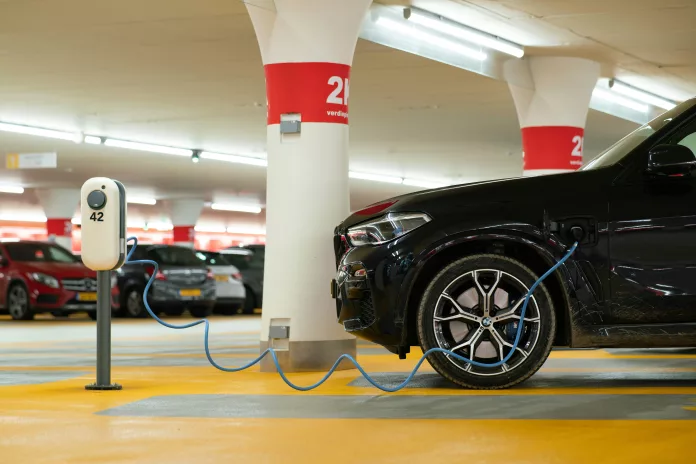Electric vehicles (EVs) are more than just a greener alternative to internal combustion engine (ICE) vehicles; they are at the forefront of a technologically superior driving experience. While established automakers grapple with the shifting automotive landscape, EVs like Tesla‘s Model 3 demonstrate that the future of transportation is electric, sophisticated, and desirable. The automotive industry, in the face of its electric transition, must now innovate or face obsolescence.
Understanding the Electric Vehicle Evolution
As we address the pressing need to reduce carbon emissions, the role of zero-emission EVs becomes increasingly critical. While legacy automakers come to terms with the changing demands of transportation, resistance and skepticism about EV adoption persist. However, this reluctance overlooks two vital considerations:
The Inevitable Shift From ICE to EVs
First, ICE vehicles’ trajectory is clear: evolve or become antiquated. Our environmental objectives require a move away from polluting power sources, positioning EVs as the necessary successors to ensure a sustainable future.
Technological Advancements in EVs
Second, EVs offer a more advanced driving experience. With continued refinement, issues like software glitches will diminish, making EVs not merely a compromise for environmental consciousness but a symbol of luxury.
The fate of many automakers reflects a failure to adapt and embrace the principles of business innovation. Even with ample warning from Tesla’s success, many legacy automakers were caught off guard. They must now navigate a precarious transition, shifting focus from fossil fuels to electric powertrains, a change that has required a decade to gain meaningful momentum.
The Current State of Electric Vehicle Adoption
Despite the growth in EV options, the majority of vehicles on the road remain ICE-powered. Historically, automakers have countered supply and demand discrepancies by stimulating greater demand. However, when it comes to EVs, such strategies seem to have been overlooked or deliberately ignored.
CleanTechnica has observed that automotive executives have downplayed consumer interest in EVs, even claiming they could produce more but demand is lacking—despite the evident potential for market expansion.
The Economics and Growth of the EV Market
Recent reports reveal the burgeoning investments in EV manufacturing, with significant financial commitments made towards the EV and battery sector in the U.S. over the past two years. This investment surge propels the U.S. ahead in the global electric vehicle market, indicating a promising future for domestic EV development and related job creation.
Despite such progress, negative narratives surrounding EVs persist. Claims about exorbitant costs, loss of jobs, and economic impact continue to circulate, often driven by those with vested interests in the ICE vehicle market.
Industry experts recognize that these fear-inducing messages serve specific agendas. Mark Z. Jacobson from Stanford University points to substantial savings over the lifespan of an EV compared to an ICE vehicle, challenging the misinformation that critics spread.
Battling Disinformation on Clean Energy and EVs
The opposing forces to clean energy and EV adoption are not solely from within the automotive industry. Fossil fuel companies and their affiliates have been instrumental in seeding doubt about renewable initiatives. They exploit several tactics, including the spread of disinformation and challenging scientific consensus on climate change, to protect established industries.
These climate denial strategies span various claims, from denying global warming’s existence to discrediting climate science. Well-funded organizations like the Committee for a Constructive Tomorrow, backed by entities such as ExxonMobil and the Charles Koch Foundation, perpetuate this climate denialism.
The continued efforts to undermine climate action reveal themselves in surprising actions by major industry players like Shell Oil and attempts to intimidate organizations like Greenpeace. These moves demonstrate the entrenchment of interests that contradict the urgent need for a sustainable and electric-powered future.


























